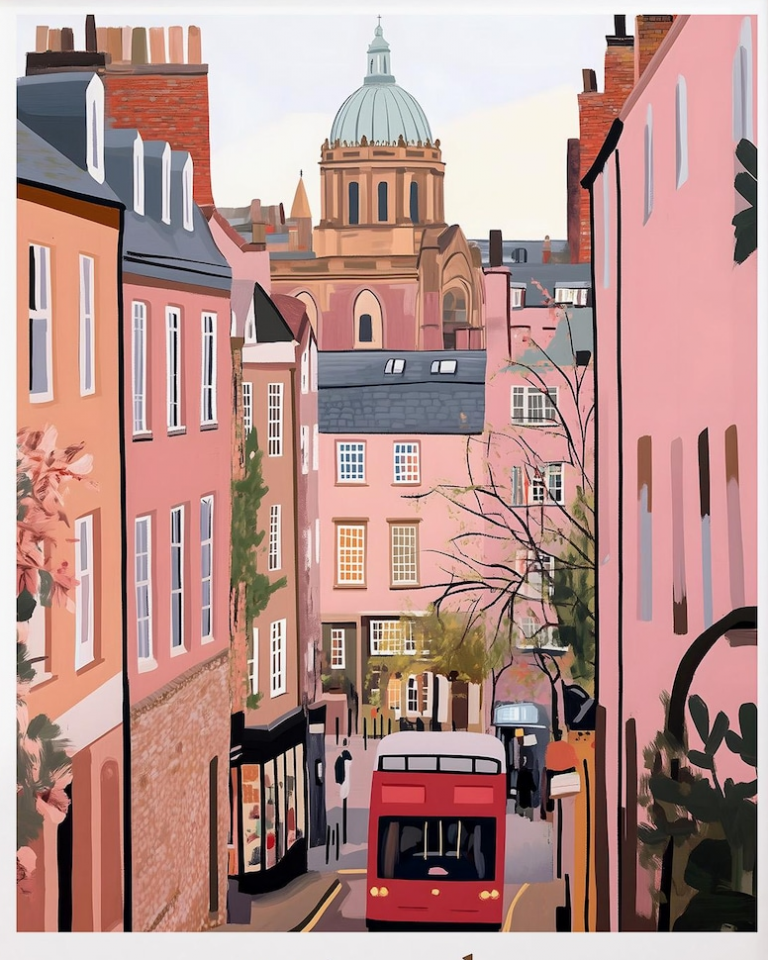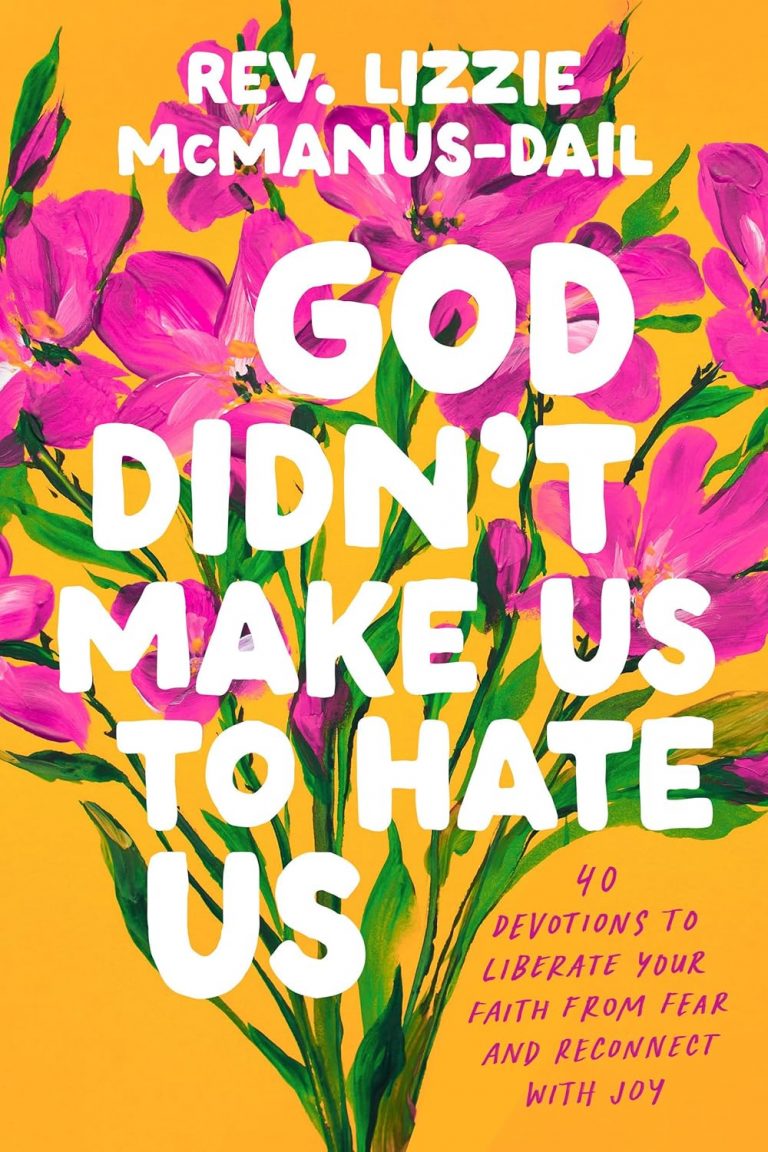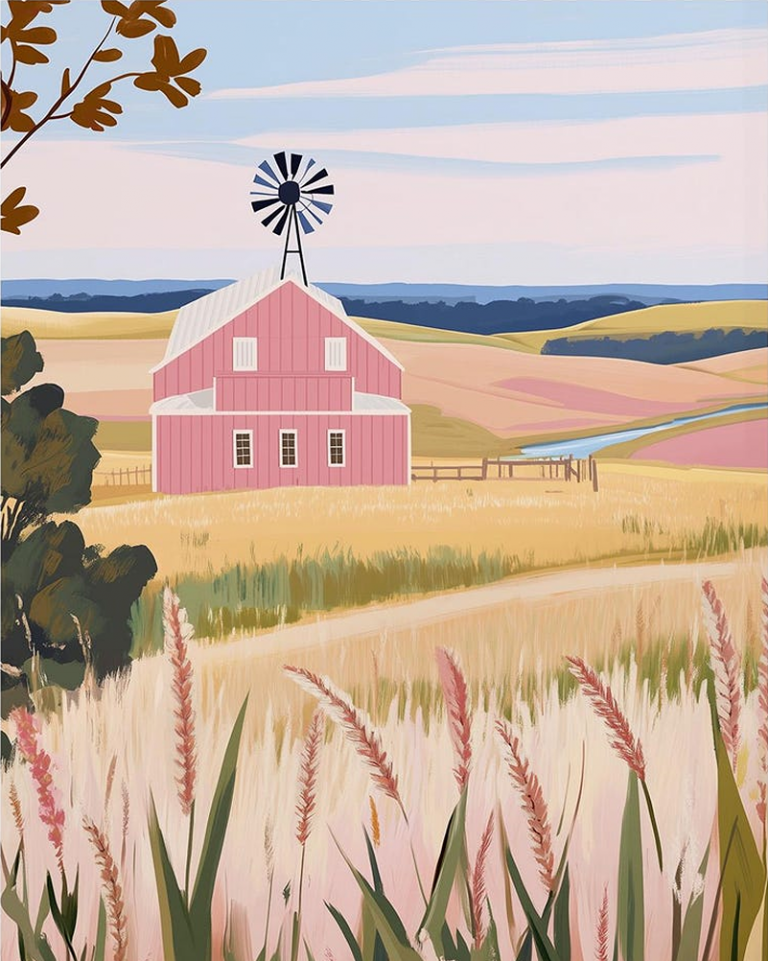
The West Midlands is not just a region of England, but also a ceremonial county. It has three cities, but most surrounding areas are rural, with lovely English villages (it’s only a short hop over the border into Shropshire, one of England’s least populated counties).
Step outside the city buzz – to find sprawling woodlands, tranquil lakes and charming wildlife trails.
Always follow the Countryside Code, to keep all creatures safe.
The Three Cities of West Midlands County

- Birmingham is home to one of Europe’s largest libraries, reggae music and birthplace of the Balti curry! Not so popular is Spaghetti Junction, a notorious road junction that leaves motorists confused and stressed.
- Wolverhampton is home to the friendliest people in England. It also is known for its football team, Wolverhampton Wanderers. To help you win at Scrabble, locals are known as ‘Wulfrunians’.
- Coventry suffered terribly during the Blitz, being heavily bombed. At one time, this was the fourth wealthiest city in England, and has the third largest church spire in England (after Salisbury and Norwich).
Green Spaces in or Near Birmingham
Sutton Park is one of the largest urban parks in England, covering over 2400 acres. The mix of heathland, wetlands and ancient woodland make it a haven for local birds.
Do not touch or feed the wild ponies. They are looked after by Exmoor Pony Society, report any concerns to the council.
- Cannon Hill Park is a popular green space, over 200 acres of formal gardens, wild woodland and open fields.
- The Lickey Hills burst into wildflower blooms each spring and summer. The highest point (Beacon Hill) gives sweeping views across the county.
- Edgbaston Reservoir offers relaxing circular walks on the waterside.
- Moseley Bog is a nature reserve with ancient woodland, wildlife ponds and boardwalks winding through the trees.
- Saltwells Nature Reserve sits on the edge of Dudley, offering peaceful woodlands and carpets of flowers.
The Clean Kilo: England’s Largest Zero Waste Shop

The Clean Kilo lays claim to being England’s largest zero waste shop, if you fancy a supermarket alternative. Founded by a young couple, it offers all your usual food and household products, just fill up in-store with clean containers. You can even grind up and make your own peanut butter!
This store is also part of the Brummie Cup movement. This reusable cup is lent out to locals for £2. Then when you’re finished, just return it to the shop, to get your deposit back.
Its only drawback is that at present, it doesn’t have an eco-friendly lid. But that can be solved. Because Lydy is a coffee cup lid made from silicone, and can be used to secure your hot drink.
Most towns in England now have a zero waste shop, so it’s good to support them. As well as selling food and household items (like laundry powder), most also sell one-time purchase reusable items like water bottles and coffee cups, to replace disposables.
You’ll also find everyday essentials like bamboo toothbrushes.
Did you know that toothpastes sweetened with xylitol could be lethal to pets, if they licked leftovers from around your mouth or sink? Instead, switch to xylitol-free natural toothpastes.
Locally-Made Birmingham Beer!

Stout Brummie (also in a low-alcohol version) is the West Midlands answer to Guinness. Not just vegan, but also gluten-free, made with green energy. Far better than supporting big multi-national brands, as you keep profits within local communities.
The Birmingham Brewing Co also makes traditional bitters. And a portion of profits help local charities (presently an air ambulance, and one to help people with alcohol addiction).
This brand is proof that you can create artisan beers with vegan ingredients (no filtering of bone char or fish bladder). Sold in zero-waste tins, profits also help communities. It’s a no-brainer reasons to switch!
Most brands of beers have thankfully got rid of plastic beer can holders, which cause so much harm to wildlife. They take ages to ‘biodegrade’ and meanwhile are invisible in water, so harm wildfowl in particular. If you see any littered, rip up the holes and securely bin.
If the major brands (like Stella Artois) have switched to cardboard rings, so can the others. Some supermarkets have even banned their sale, it’s time for the others to follow suit.






